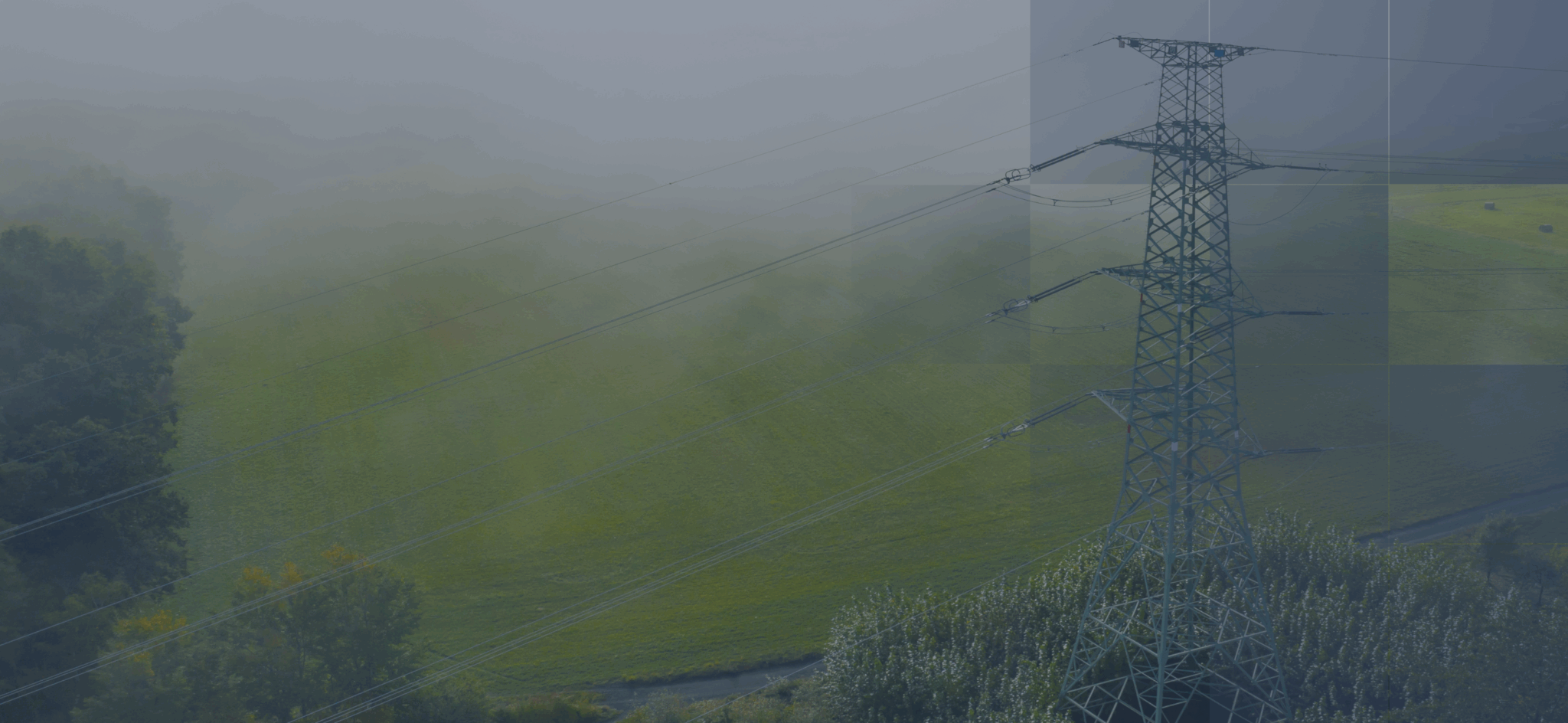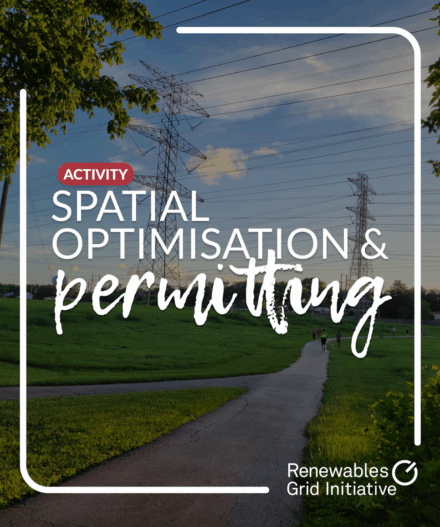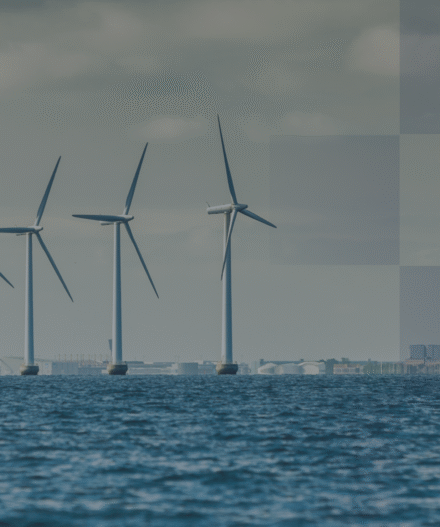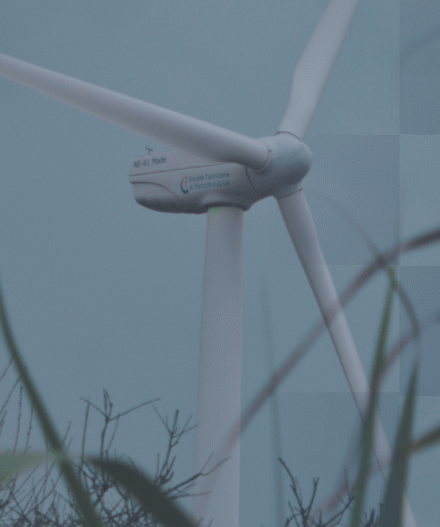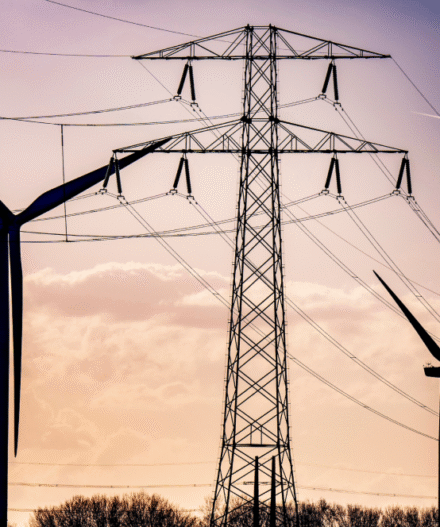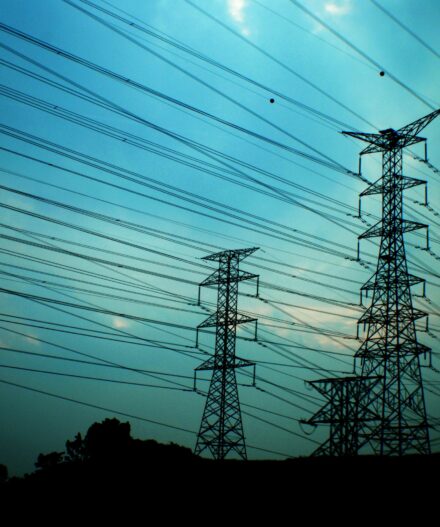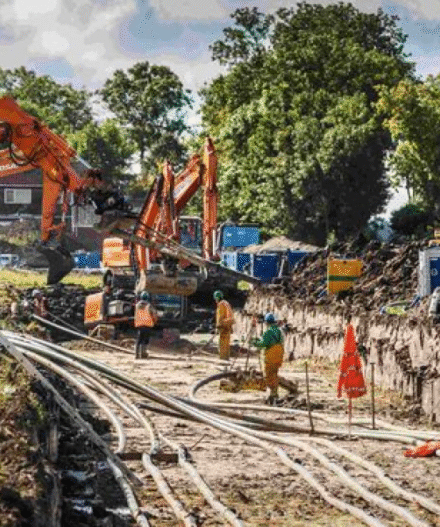Organised by: RGI, NESO, and 50Hertz
During RGI’s Best Practice Webinar on 14 October, grid operators NESO and 50Hertz explored how integrated energy system planning can help accelerate renewable infrastructure deployment.
Introduction
Delivering Europe’s energy transition is not only a technical and economic challenge, but also a spatial one. As renewable energy generation and electricity grid infrastructure expand, they must coexist with a wide range of other land and sea uses.
From biodiversity protection to agriculture, from community development to marine activity, these spatial needs often overlap and can cause conflicts. Without clear and integrated spatial planning, energy infrastructure risks becoming delayed, contested, or environmentally unsustainable.
This challenge calls for advancing ideas, approaches and tools on how we plan future, decarbonised energy systems: moving beyond isolated and project-based approaches to holistic planning that considers spatial constraints from the beginning. At the same time, the interests of communities and ecosystems must be taken into account to ensure a just process that benefits all.
Holistic planning
The growing complexity of land and sea use in Europe makes it essential to integrate spatial data into system design processes. With this in mind, the Best Practice Webinar ‘Mapping the Future’ under RGI’s ‘Energy & Space’ Workstream fostered dialogue on best practices in integrated spatial and energy system planning. During the webinar, experts from the UK and Germany shared their experiences in this effort.

In particular, National Energy System Operator (NESO) explained their Strategic Spatial Energy Plan (SSEP) Methodology, which offers a compelling example of a novel planning methodology that explicitly combines energy system modelling with spatial evaluation. The approach balances decarbonisation, building and operational costs, and system operability with environmental, societal and spatial considerations, offering valuable insights for other European energy planning frameworks. At the same time, we also heard from 50 Hertz on the Elia Group’s Study “Going like the Wind”, which explores how to holistically plan offshore infrastructure with spatial considerations.
Check out the presentations and the recording below for more information!
Speakers
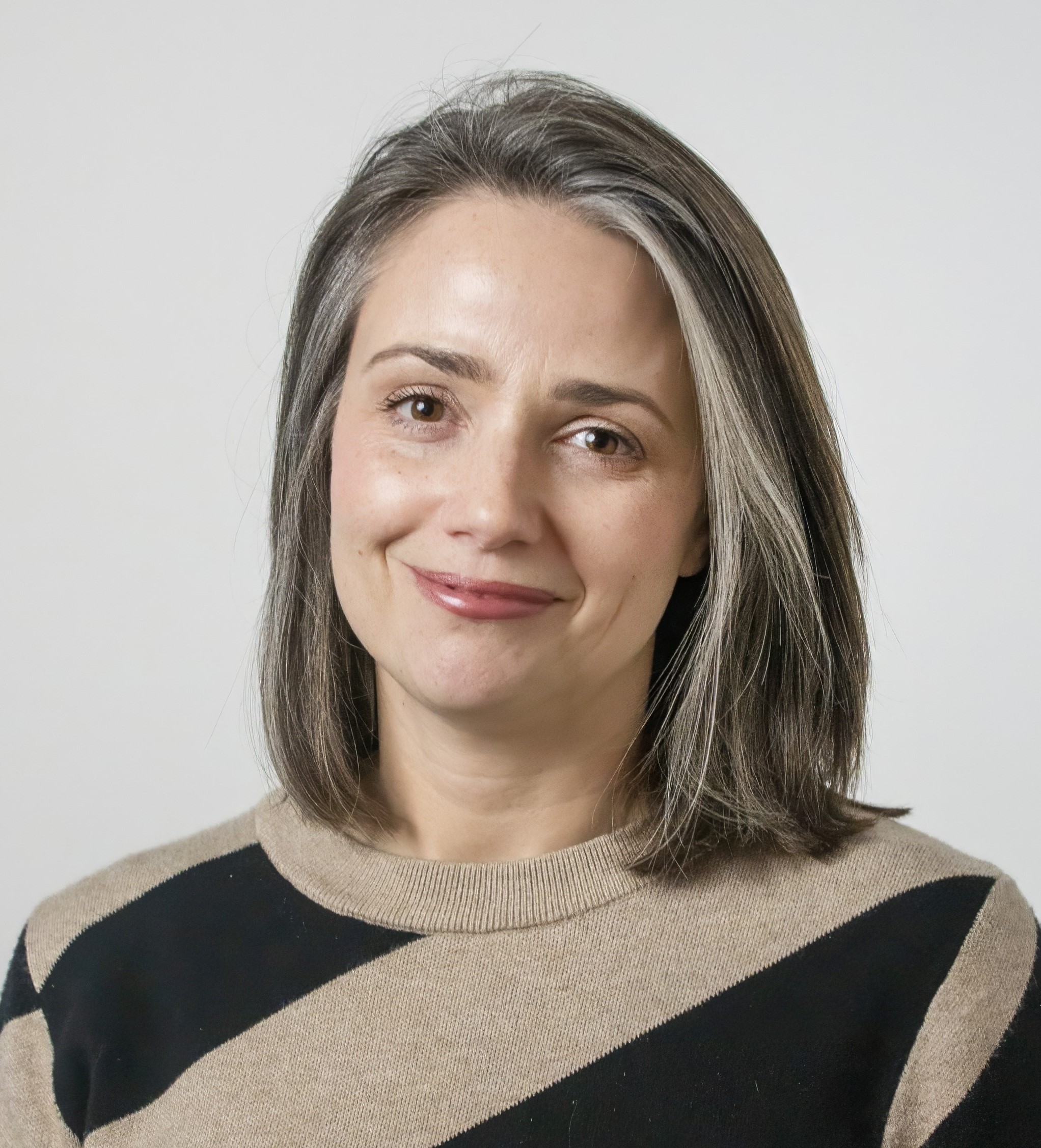
Alice Etheridge
Head of Strategic Spatial Energy Planning, NESO
shared insights from the NESO’s SSEP methodology, incluiding its five-pillar assessment framework that combines economic, societal, environmental, technical, and spatial use criteria.
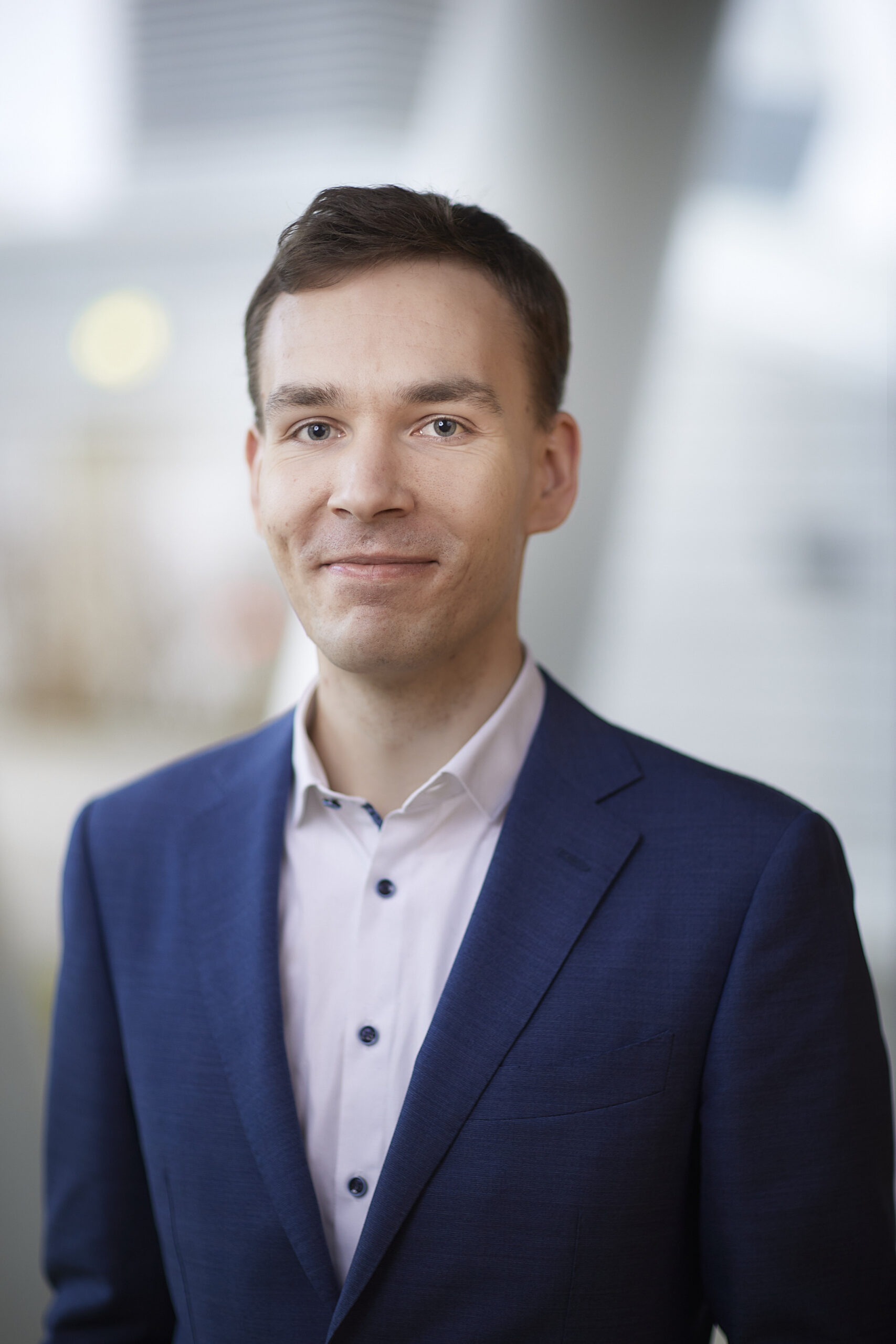
Felix Jakob Fliegner
Analyst European Power System of the Future, 50 Hertz
shared insights from the EU on how spatial constrains are being considered for planning decarbonised energy systems, especially in offshore
Agenda





Presentations
Recording
contact
Nathália Pimentel
nathalia[at]renewables-grid.euManager – Communication & Energy Systems
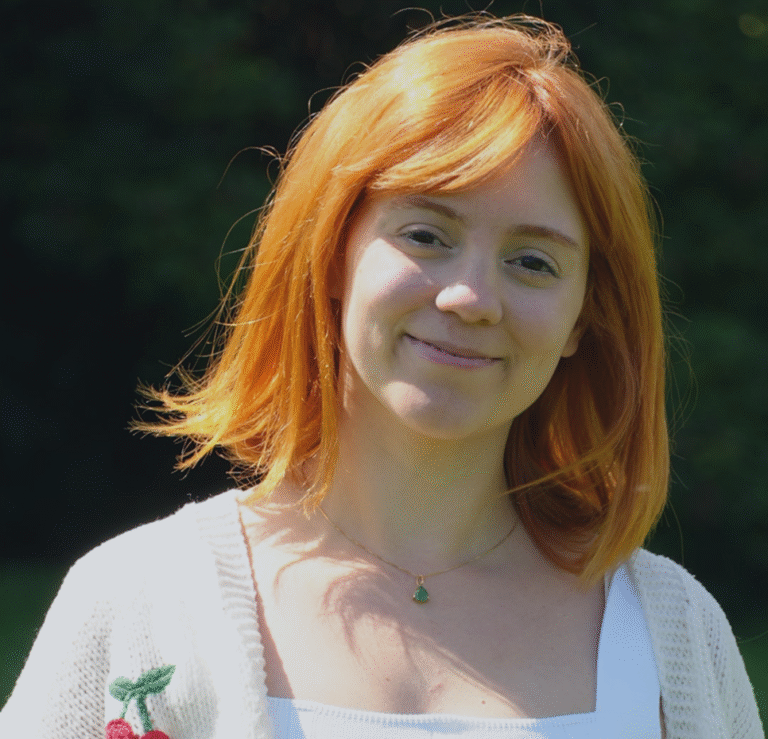
Dr. Andrzej Ceglarz
andrzej[at]renewables-grid.euDirector – Energy Systems
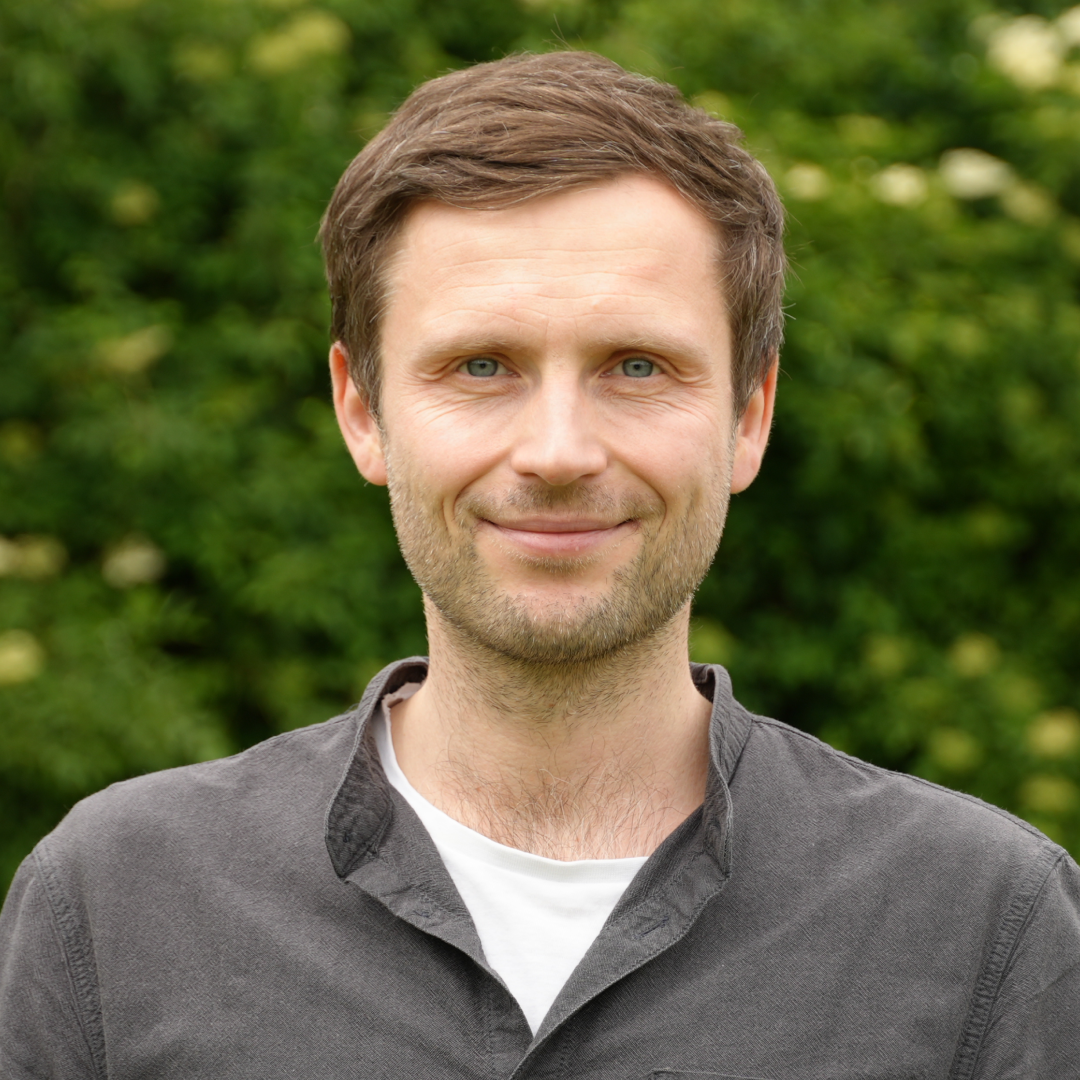

Funded by the European Union. Views and opinions expressed are however those of the author only and do not necessarily reflect those of the EU or LIFE Programme. Neither the EU nor the granting authority can be held responsible for them.


